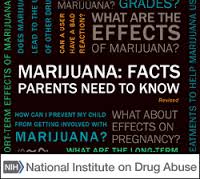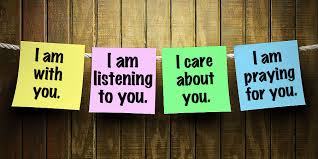Category Archives: addiction marijuana
Marijuana And Its Impact On Adolescents
|
|
Supportive Words for Parents to Share with Teens
A new school year is upon us. Our children will face many uncertainties and anxieties. One tip for parents is to speak life into our children. When I say speak life I mean take time to share with your children what you love about them. Every morning before school or every evening before bed take a moment to ask you teen, “what are you hopeful about?”, or “you know I love it when…” These types of conversations let your teen know they are loved and supported. This loves reminds them they can rebound from mistakes and increases their resilience. Along with this dialog, a parent can share some hopes and dreams they have for their child. No child is a mind reader and hopeful dreams never shared are not known. The new school year is a good time to say “I love you, I’m proud of you, and There is greatness within you. Speak life and life will be manifested.
Marijuana, Talk About It
Know! What’s Up With WeedMarijuana has become a regular subject on the nightly news, along with heated debates between those for legalization of the drug and those against it. It seems everyone is talking about marijuana, including our children. Depending on what state you’re in, the laws surrounding “weed” will vary, as well as attitudes and perceived risk of using the drug.
Regardless of where your state stands on weed, where do you stand on weed? Do your children know where you stand? Are you even sure where you stand? If you’re unsure on the subject, more than likely, your children are too, which can open the door to adolescent experimentation.
In the U.S., as state laws surrounding marijuana began to loosen, attitudes began to soften. And as perceived risk of marijuana began to decrease, use of the drug increased. While this is unfortunate news, there is hope. Studies show that as knowledge on marijuana increases, use of the drug decreases.
With this in mind, we need to know what’s up with weed and share that information with our children.
Marijuana has the potential to negatively impact adolescent brain development and function and cause various breathing problems. Marijuana use also changes the way many people think, impacts the choices they make and alters the way they behave.
Marijuana use in the short-term:
Marijuana use in the long-term has been linked to:
This is certainly not what any of us want for our children. Federal law says one thing, some state laws say another. Regardless, your voice andyour actions matter. Your parental influence is powerful when it comes to your children and the decisions they make. Talk to your children about the dangers of marijuana.
You can get the conversation started by asking your child what he/she knows about marijuana, and his/her opinion on the topic. Listen closely and keep your cool even if your son or daughter’s opinion is not in line with yours. This is your opportunity to provide the facts, make your stance known and your expectations for non-use clear.
|

